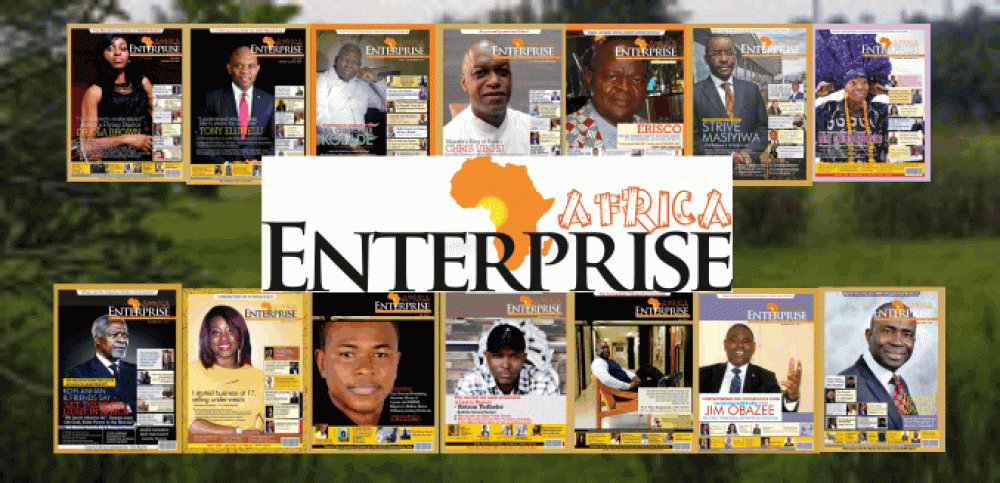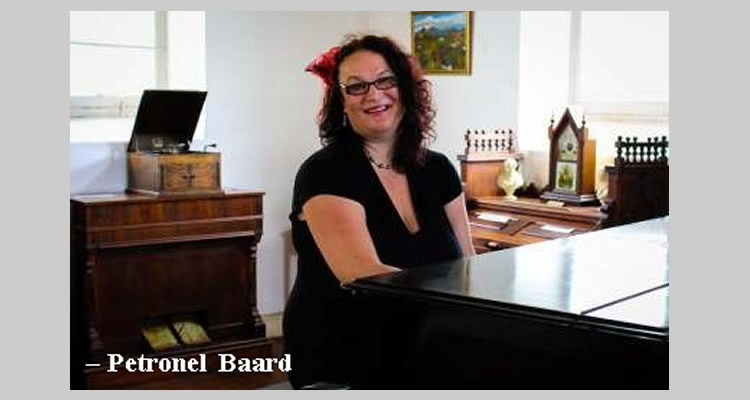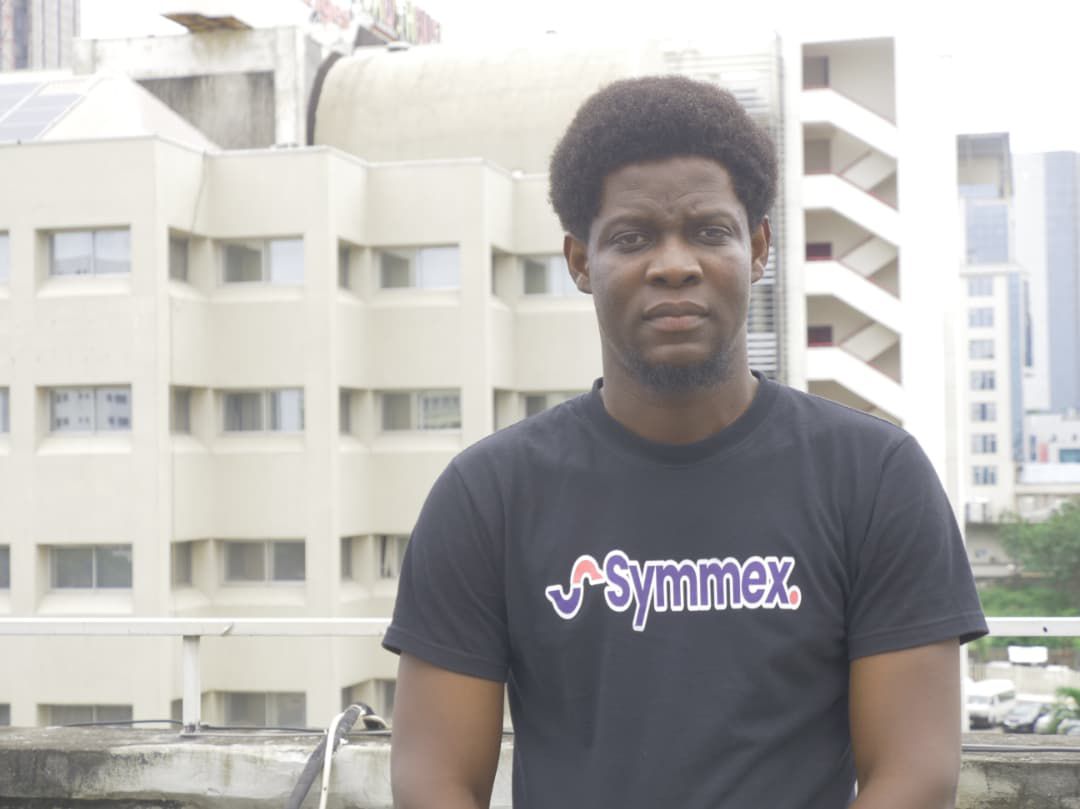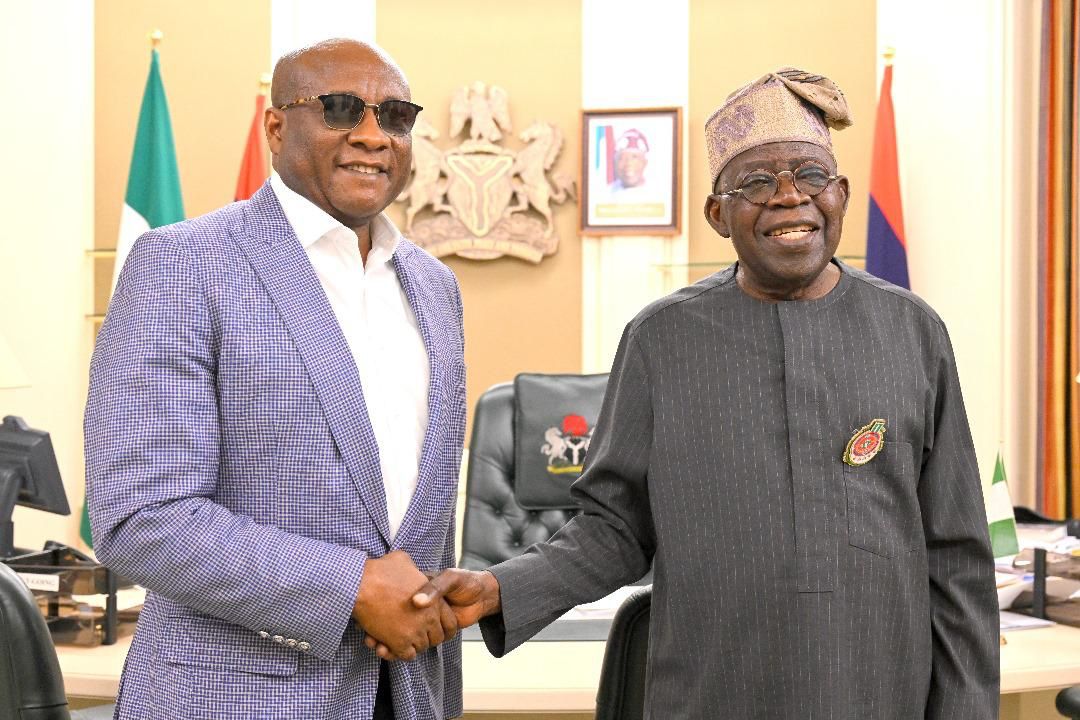While growing up, South Africa was a very different country from what it is today. I was born in 1976 and from an early start I knew all was not well in my country. The general white folk of the time were not aware of the truly terrible things happening elsewhere in the country, building on good relationships where our government did not succeed to separate the country’s people from each other with fear.
This situation sadly still exists today in our new, free South Africa, where we are still separated by fear and resentment of the past.
Still, I led a charmed life, growing up in the beautiful Villiersdorp in the Western Cape. Surrounded by farms, apples, trees, mountains and water falls, this was a safe, and relatively protected area to find my feet as a human.
I would run in the streets and sing to the trees, I could not get enough of the beauty of the land. When I was twelve years old I sang in a play for my community and it was established that I had a unique talent.
This, even in 1988, was not a very stable choice of making a living, but I persisted, studying drama at the beautiful Stellenbosch and at last winning a national singing competition in 1999 that enabled me to start fulfilling my dreams…
EARLY CAREER
Before IDOLS ATKV, Crescendo was the biggest competition around and after winning it, I was famous over- night.
I made an album, toured to both KKNK and Aardklop(big Arts Festivals in SA) and quickly followed with a live album Déjà vu after my first album, Lank al. Today I am the proud owner of five commercial albums as well as some private releases.
I was nominated for my first album for a SA Music Award and also for live performance. I appeared on TV, Magazines and papers and was a spokesperson for my people and language in a time when the Afrikaner was only starting to deal with a terrible past.
ENTREPRENEURSHIP
It was evident, very early on that there was very little structure for an artist to work in. We were a democracy, but there was a lot to sort out and at first, the government started by taking away existing structures and then slowly replacing it.
For instance, there used to be government funded district arts councils for every district in the country.
This was taken away and replaced with a National Arts Council that had to figure out a new system.
FESTIVALS AND ENTREPRENEURSHIP
South African Artists responded by starting festival rounds like the very popular KKNK. This was followed by Aardklop, Inniebos, Gariepefesitval and many more.
Before that we use to have only one very prominent Arts Festival, The Grahamstown Festival that still exists. Some of these festivals are so well established that they even train other festivals. If you contact the KKNK for instance, they are very helpful and have, at times, sent out a party to train you running your own festival.
THEATRE CAFES
In Afrikaans culture, in the rural areas, we use to have coffee House concerts where the community got together for a performance in the local restaurant.
I quickly found I had to jump out and organize my career if I wanted to perform; this led to the revival and new direction of this old culture.
THEATRE CAFÉ CULTURE can by anywhere; any medium of art can be involved and is For the community By the community. I believe the development of any promising venue to be a platform for local(and international, inter-continental artists) is the best way of bringing structure to and in the vast expanse of the South African landside, AS WELL AS AFRICA!
I it is my goal to see that policy be taken on to help and develop existing structures to become professional theatres, at least, once a month. I dream of theatre routes all over South Africa, but also over the AFRICAN CONTINENT.
If you have at least one operating venue per town, imagine the possibilities:
Local people could get involved and training in:
1. Marketing.
2. Negotiation and budgeting
3. Sound and lights
4. Décor and costumes (Fashion as well)
5. Food and beverage (fine dining per event, also exposure for traditional foods)
6. Tourism
7. Local Artists can get a platform for their, music, dances, novels, etc.
8. Professional artists could come and perform in rural areas not just the city
9. Exposure as well as record keeping of the local cultures and exposure to new ideas by other, visiting, cultures.
10. Even journalism!
When I was in Langa recently, I was blown away to see that not only do they have wonderful events and theatres there, but the Coffee House culture was happening right there in the same South-Africa. For this to become policy, though, there needs to be co-operation between the private sector and the government.
The possibilities are endless.





